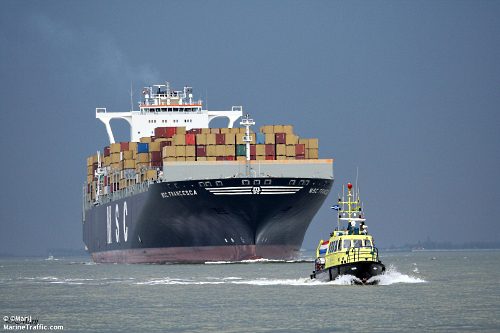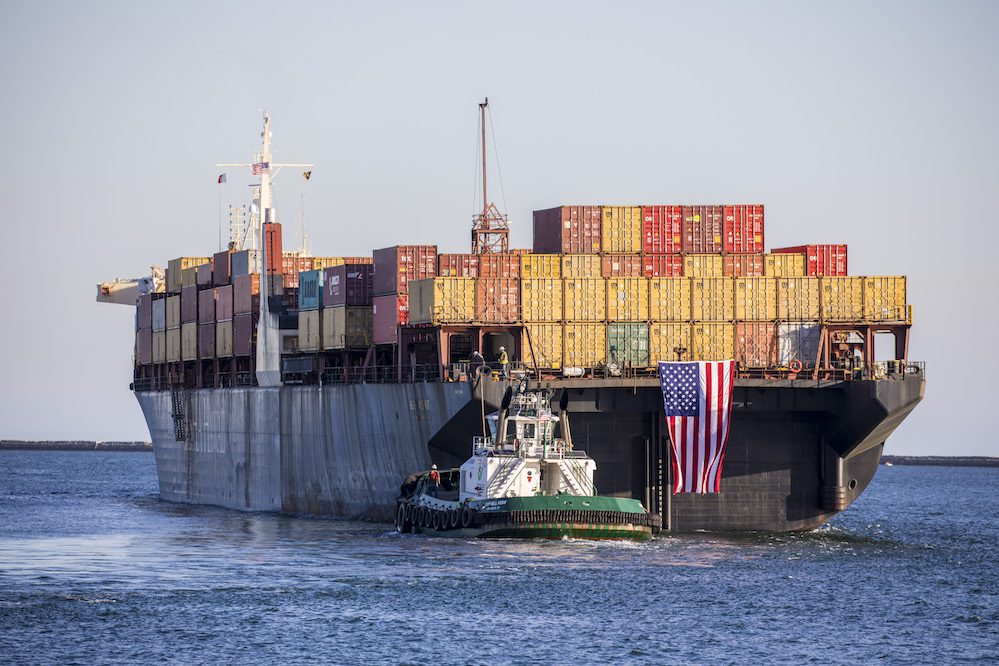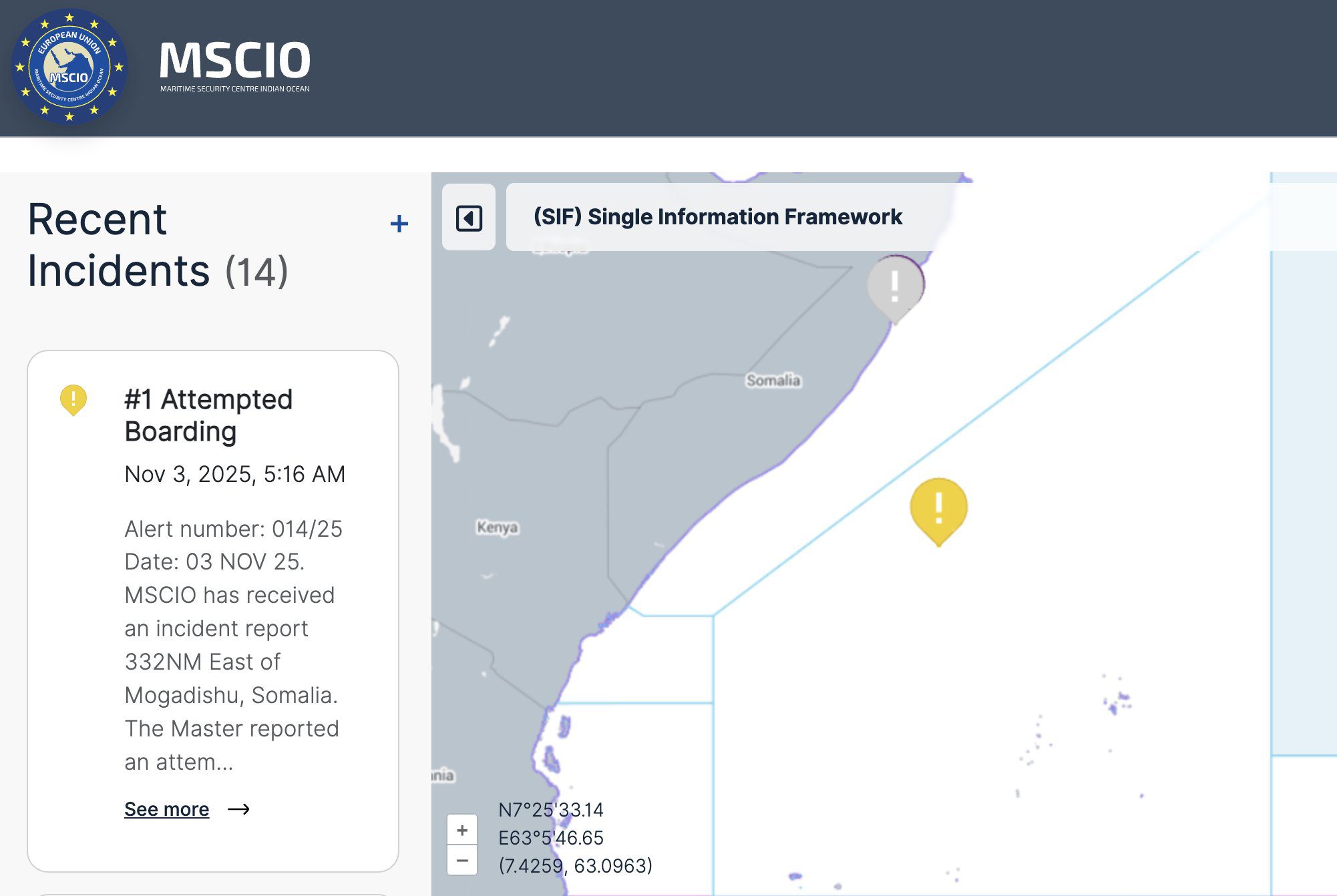Professor Dr. h. c. Klaus-Michael Kuehne. Photo courtesy Kuehne & Nagel International AG
By Nicholas Brautlecht
June 26 (Bloomberg) — China’s veto of a three-way alliance between the world’s biggest shipping lines is good for the logistics industry as it preserves competition among container carriers, according to Klaus-Michael Kuehne, the German billionaire who owns the world’s largest sea-freight forwarder.
“The infinite wisdom of the Chinese has helped to ensure that competition between the leading shipping companies will continue to exist,” Kuehne said in a speech in Hamburg last night. “From the point of view of the logistics industry and our trade and industry customers, this is good news in every respect.”
China’s rejection on June 17 of an alliance between A.P. Moeller-Maersk A/S, Mediterranean Shipping Co. and CMA CGM SA, dubbed P3, caught the companies off guard as the U.S. Federal Maritime Commission and the European Commission had already approved the plan. The agreement, aimed at cutting costs on the Asia-Europe, trans-Atlantic and trans-Pacific routes in an industry still reeling from the 2008 financial crisis, may have benefited the companies at the expense of other operators, the Chinese Ministry of Commerce said at the time.
Hamburg-born Kuehne, the majority owner and honorary chairman of Kuehne & Nagel International AG, was speaking at a reception for Michael Behrendt, the chief executive officer of Hapag-Lloyd AG. Kuehne owns 28.2 percent of the Hamburg-based container line, Germany’s biggest. Behrendt will leave Hapag- Lloyd’s management board at the end of this month and take over as chairman of the supervisory board in the fall.
Worst Slump
Container carriers have been battling industry overcapacity after a boom in ship orders collided with the global financial crisis, triggering the worst slump in prices for the carriage of cargo since containerization became global in the 1970s.
Kuehne & Nagel, based in Schindellegi, Switzerland, has closed 40 locations at its contract-logistics unit and is trying to turn around its overland business as cost cuts helped profit to climb 12 percent to 150 million francs ($168 million) in the first three months of the year.
Hapag-Lloyd’s first-quarter loss widened as the takeover of Chilean rival Cia. Sud Americana de Vapores SA drove up costs and freight rates remained under pressure. Hapag-Lloyd in April agreed to acquire most of CSAV’s assets in an all-share transaction to become the world’s fourth-largest container liner with about $12 billion in sales.
The companies forecast annual savings of about $300 million through the combination, as they try to close the gap on the industry’s leaders, including Maersk. Chile’s Luksic family, Kuehne and the City of Hamburg will own 75.5 percent and control the new company.
“We are together impatiently waiting for the closing so that we can soon benefit from the significant synergy effects of the cooperation,” Kuehne said.
Copyright 2014 Bloomberg.

 Join The Club
Join The Club











